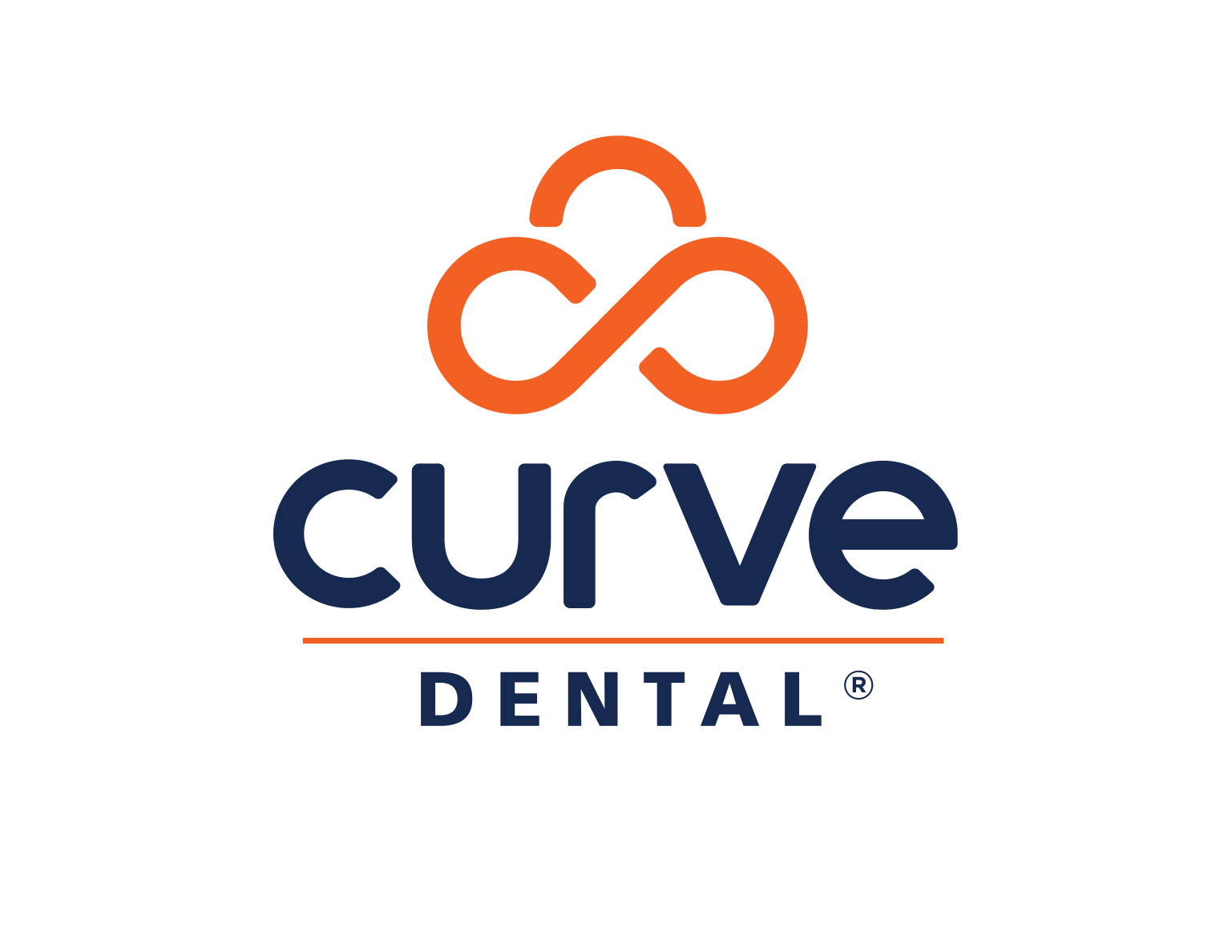Navigating dental billing efficiently requires understanding common challenges and optimization strategies. Below are frequently asked questions to help dental professionals enhance their billing practices.
What are the most common reasons for claim denials?
Claim denials can significantly affect a dental office's revenue. Common reasons include:
-
Incorrect or Incomplete Patient Information: Errors in personal or insurance information can lead to rejections.
-
Coding Errors: Improper dental coding of procedures may result in denial, emphasizing the need for accuracy in medical billing.
-
Lack of Preauthorization: Some insurance plans require preauthorization for specific dental services.
-
Missing Documentation: Incomplete supporting documents can lead to claims being denied.
How can I improve my practice's cash flow?
Improving cash flow involves adopting efficient billing processes and procedures. Consider the following strategies:
-
Utilize Advanced Billing Software: Leverage Curve Dental's dental billing software to improve billing efficiency and ensure error-free claims.
-
Streamline Payment Processing: Integrate with partners like Global Payments and Bluefin for seamless payment solutions.
-
Monitor Key Metrics: Regularly track clean claims rate, days in accounts receivable, and collection rate.
What resources are available for dental billing education?
Continuous education is critical for staying informed about changes in dental codes and becoming adept at dental billing processes. Here are some resources:
-
Online Courses and Webinars: Various platforms offer dedicated courses on dental billing.
-
Industry Journals and Publications: These provide updates on best practices and changes in billing processes.
-
Professional Associations: Joining dental associations can offer access to expert-led workshops and seminars.
How often should I review my billing processes?
A routine review of billing processes ensures effective financial management. Aim to:
-
Conduct Monthly Reviews: This helps pinpoint areas needing improvement and ensures timely payments.
-
Quarterly Evaluations: Broader evaluations can align the billing strategies with practice goals and adjust to changing insurance company policies.
Are there specific software recommendations for dental billing?
Choosing the right software can transform your billing operations. Consider:
-
Curve Dental's Dental Billing Software: Tailored for efficient dental billing and claims management.
-
Partner Integrations: Utilize Curve Dental’s integration partners for comprehensive management of insurance verification and patient billing.
What are the most common dental billing mistakes?
While dental billing can be streamlined with appropriate software, certain common mistakes can still occur:
-
Inaccurate Coding: Incorrect entries in dental coding can lead to claim denials. To ensure accuracy, it's essential to stay updated with current coding standards.
-
Incomplete Patient Information: Missing information about the patient or their insurance can cause delays. Ensure all patient files are complete before processing claims.
-
Lack of Documentation: Insufficient documentation to support claims is a frequent issue. Always attach necessary documents, such as treatment narratives or radiographs.
-
Ignoring Payment Posting Errors: Overlooking discrepancies between expected and received payments can lead to unresolved outstanding balances. Regularly verify and correct any posting errors.
-
Delayed Claim Submission: Submitting claims beyond the deadline can result in denied payments. Implement an efficient system to ensure timely submission of all claims.
How can I improve my dental billing accuracy?
Accurate dental billing is vital for maintaining consistent cash flow. Here are some strategies to enhance billing accuracy:
-
Leverage Advanced Software: Utilize reliable dental billing software like Curve Dental to automate crucial processes and reduce human error.
-
Train Your Staff: Continuous education and training in dental billing are essential. Ensure your team understands current practices and stays informed about updates in dental procedures and coding.
-
Conduct Regular Audits: Periodic auditing of billing processes can identify discrepancies early, reducing potential errors before they impact cash flow.
-
Integration with Systems: Use integration partners provided by your billing software for better data synchronization. This streamlines the exchange of information across different systems and enhances insurance verification accuracy.
-
Maintain Open Communication: Foster a transparent communication channel with insurance companies to address any discrepancies or misunderstandings promptly.
What should I do if my claim is denied?
Claim denials can disrupt the revenue cycle, but taking prompt and effective actions can remedy the situation:
-
Review the Explanation of Benefits (EOB): Carefully examine the EOB provided by the insurance company to understand the reason for the denial.
-
Verify Insurance Information: Double-check the patient's insurance policy to ensure the information submitted is accurate and up-to-date.
-
Correct Any Errors: If inaccuracies were found in coding or patient information, rectify these and resubmit the claim promptly.
-
Contact the Insurance Provider: Contact the insurance company directly for clarification and guidance on necessary amendments to the claim.
-
Consider Professional Assistance: If persistent issues arise, consider employing a dental billing expert to provide guidance and support in managing complicated claim processes.
For further details, visit Curve Dental's Software Information and Payment Processing Options.





